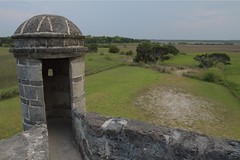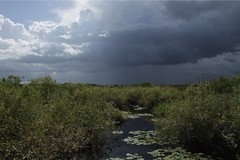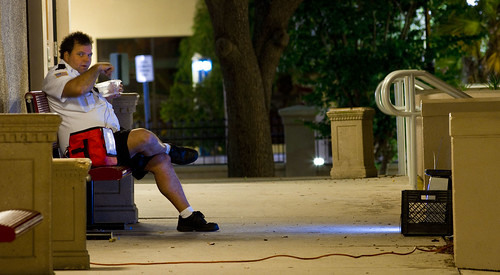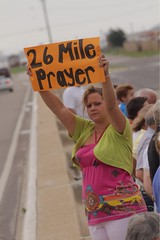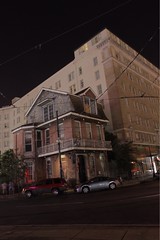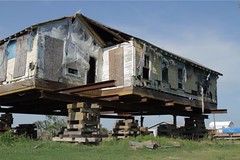
The world's largest kaleidoscope is located inside of a sprawling general store attached to a small resort in the Catskills. The store is a maze of interconnected rooms filled with bland pastel paintings, strings of glass beads, and obligatory sticks of incense. The kaleidoscope is in a dark room with servo-controlled doors at the back of the building. Inside, a soothing prerecorded voice drones something about lying on the floor and staring at the ceiling. A triangular video screen glows with psychedelic patterns that reflect off of the three enormous mirrors overhead. Copyright-free music plays, poorly mimicking the sitar grooves of George Harrison. Minutes pass and it becomes clear that the kaleidoscopic animator's stockpile of ideas is running low. A grab bag of historical photographs scrolls past, Teddy Roosevelt's grinning face refracting into a constellation of white teeth overhead.
"If I told you about the hard decisions I have had to make in my country, you would cry," the Tibetan says. He is sitting inside of a surprisingly authentic Tibetan import store in Woodstock, New York—a shop that contrasts strangely with the commercialized hippie nostalgia pervading the rest of the town. The Tibetan was drawn to the area over a decade before by a brother studying in a nearby monastery. This is not his first store but, like his previous commercial efforts, it seems to be struggling. Perhaps it is too authentic for its client base. The Tibetan is a master weaver and he designs patterns that Tibetan exiles in Nepal assemble for export. He goes back to meet with them and instruct new weavers regularly. "I couldn't make any money if I did this by myself in the US, these just take too long to weave." The store brims over with his ideas manifested in the warp of coarse rugs. He does no go into details about his hardest decision, but he mentions that he is trying to decide what to do about his landlady, who dropped by earlier in the afternoon to increase his rent. He swears and shakes his head.























